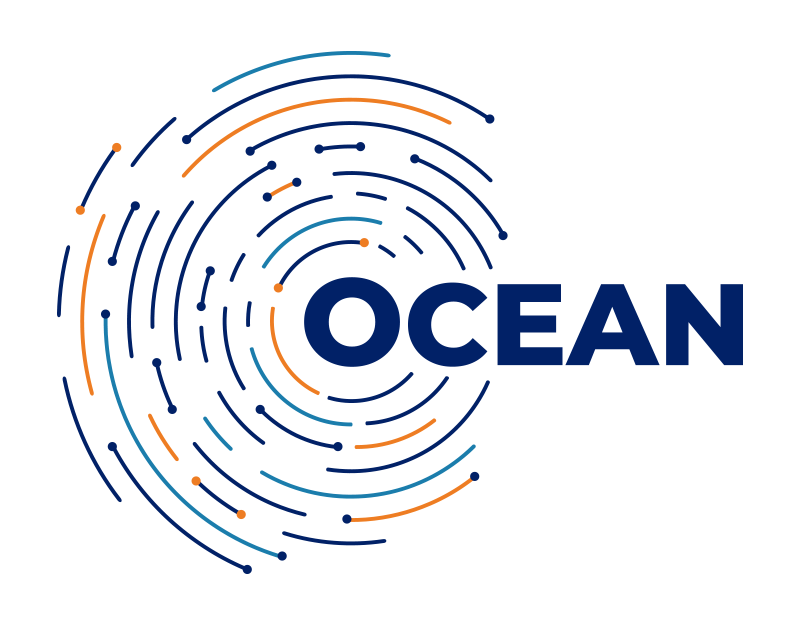FAQ about membership
Who can join?
OCEAN is open to accredited degree-granting institutions of higher education (universities) as well as to individual academics, from Council of Europe member states, teaching at these institutions or researching independently. OCEAN is equally open to research institutions, independent or as part of a university, university faculties (e.g. law faculties etc.), as well as to existing national and European academic networks working on issues related to Council of Europe conventions (e.g. corruption, domestic violence etc.).
Do you have to pay to be a member of OCEAN?
There are no membership fees to be paid by OCEAN members.
What is expected of OCEAN members?
OCEAN members choose at the beginning of their membership one or several Council of Europe conventions they are interested in. They are expected to engage in education, research, and other academic activities that promote these self-chosen conventions.
Universities, research institutions and networks are required to organise and carry out one academic activity per year (workshop, conference, summer or winter school…). Individual members are required to either engage in one of the above activities (as organiser or speaker) or conduct research or publish (article, book) on the chosen Council of Europe convention.
Can other organisations, such as NGOs engage with OCEAN?
While national and international non-governmental organisations cannot be full members of OCEAN at present, they are welcome to cooperate with existing OCEAN members on the national level, e.g. sharing their expertise, contribute and participate in national meetings etc.
How can I check whether my university is already a member of OCEAN?
The current list of members can be found here. Please see also the following question.
Are multiple memberships possible?
Yes, none of the possible memberships are mutually exclusive.
Requirements during your OCEAN membership
OCEAN members choose at the beginning of their membership one or several Council of Europe conventions they are interested in. They are expected to engage in education, research, and other academic activities that promote these self-chosen conventions.
In particular, institutional members (universities, research institutions, also existing networks) are required to organise and carry out one academic activity per year (workshop, conference, summer or winter school…). Invididual members are required to either engage in one of the above activities (as organiser or speaker) or conduct research or publish (e.g. an article or a book) on the self-chosen Council of Europe convention.
Does OCEAN accept academic members from countries that are not members of the Council of Europe?
In addition to member states, applications from countries involved in the Southern and Central Asia Neighbourhood cooperation as well as from Council of Europe Observer States are possible.



